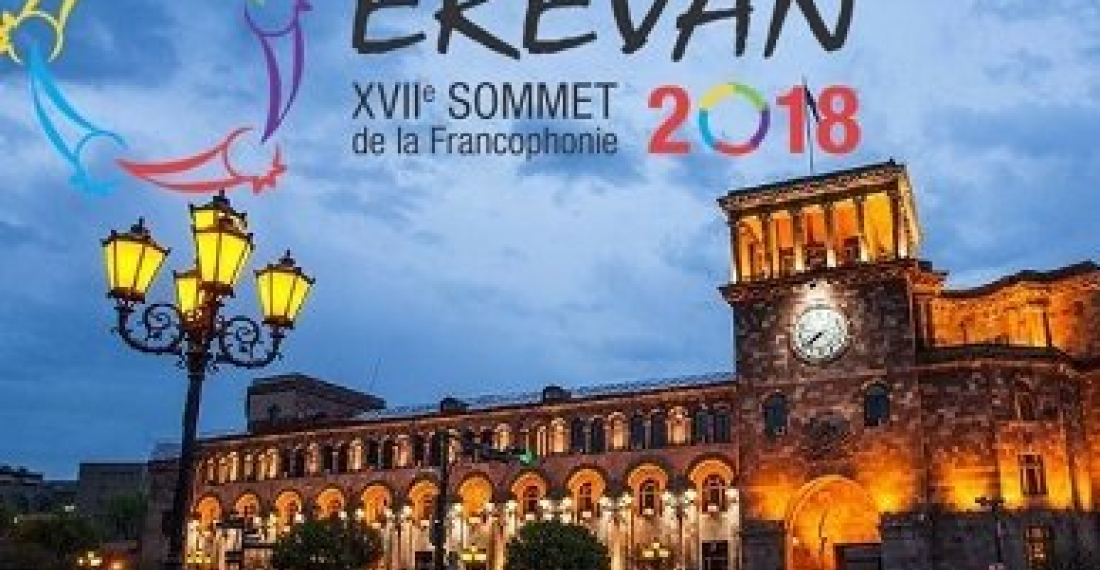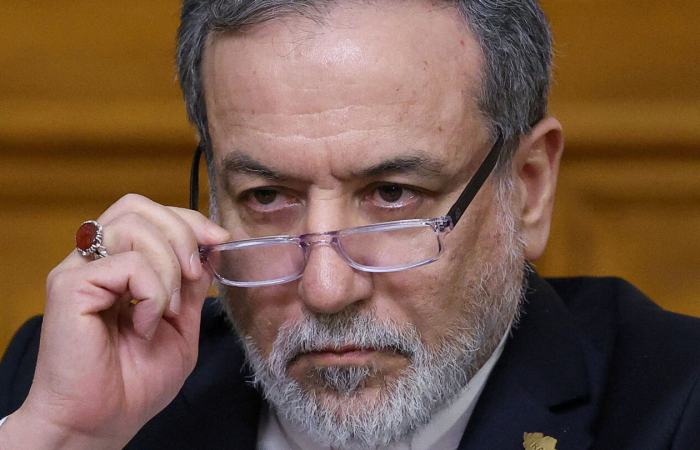На этой неделе в Армении пройдет саммит глав государств и правительств стран Франкофонии, организации, объединяющей страны, которые продвигают французский язык, и сотрудничество между ними. Организация, созданная в 1970 году, объединяет 58 полноправных государств-членов, большинство из которых имеют французский в качестве одного из своих официальных языков. Есть также 26 стран-наблюдателей. Саммит, который проводится каждые два года, собирает глав государств и правительств. Среди прибывающих в Ереван на саммит будут президент Франции Эмануэль Макрон и премьер-министр Канады Юстион Трюдо.
Подготовительные встречи в преддверии саммита открылись в воскресенье. 105-я сессия постоянного совета франкоязычных стран собралась в Ереване для подготовки повестки дня саммита.
Это самая большая международная встреча, которая когда-либо проводилась в Армении, учитывая количество глав государств и правительств.
источник: commonspace.eu







